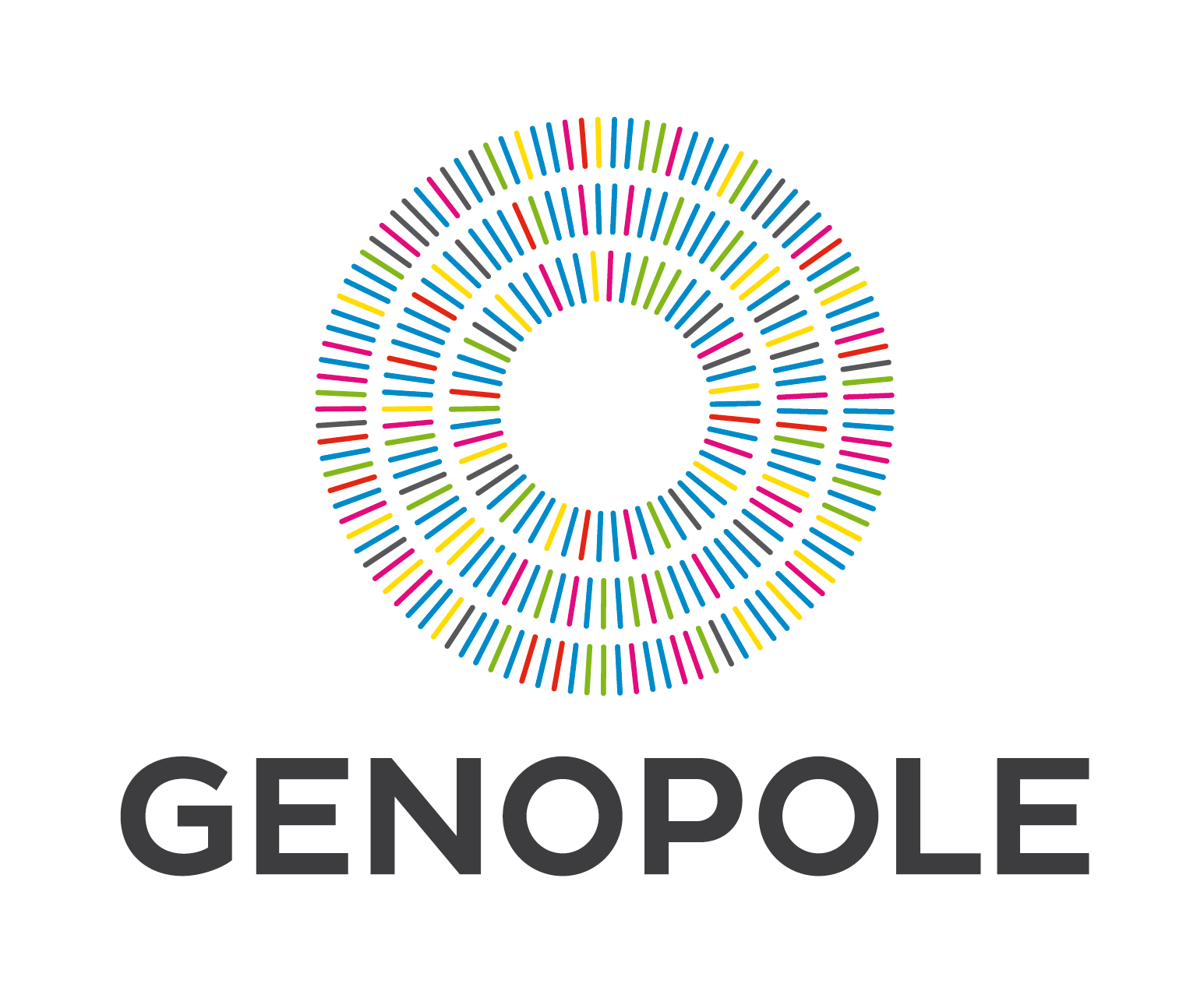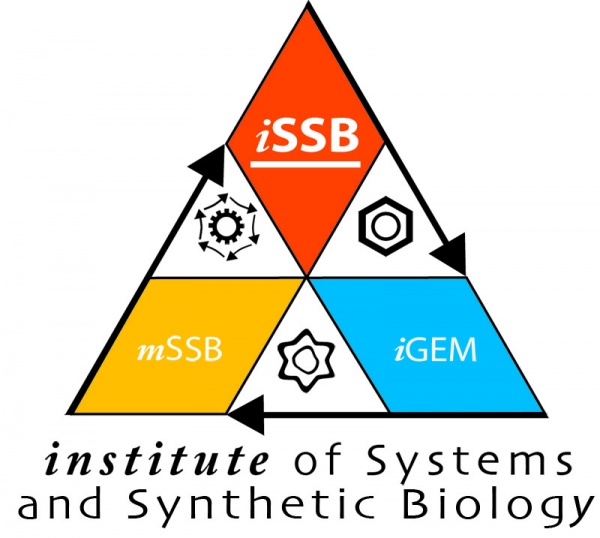Team:Evry/Notebook/w13
From 2013.igem.org
m |
|||
| Line 80: | Line 80: | ||
<tr> <td rowspan="10" align="center"> | <tr> <td rowspan="10" align="center"> | ||
| - | <p>Plasmid 3 (with EntA,D and F) | + | <p>Plasmid 3</br> |
| + | (with EntA,D and F) | ||
</p> | </p> | ||
</td> | </td> | ||
| Line 288: | Line 289: | ||
<tr> <td rowspan="10" align="center"> | <tr> <td rowspan="10" align="center"> | ||
| - | <p>Plasmid 3' | + | <p>Plasmid 3'<br/> |
| + | with EntB,C and E) | ||
</p> | </p> | ||
</td> | </td> | ||
Revision as of 12:58, 10 September 2013
Week 13: 9th September - 15th September
Design of the capsule
To chelate the iron in the duodenum and the initial portion of the jejunum, it was pretty obvious that a capsule or a tablet was required. However, we had to keep in mind the follwing items:
Type of galenic formulation: capsule or tablet?
Overcoming the acidity of the stomach
The best strategy between the 'flush' and the 'colonization' approach to chelate the iron
The best galenic formulation for our purposes is the capsule. The first reason is that a tablet requires not only a heavy and dry compression, but also the second reason is that it requires lyophilised bacteria, which consists of extreme conditions (from very high to very low temperature and high pressure). As a consequence, the capsule offers the possibility to be not only easily coated for protection against stomachal acidity, but also presents a softer environment for the bacteria to transport.
Après réflexion, le choix de la forme galénique sera la gélule. En effet, en vue de libérer les bactéries au niveau du duodénum, il est plus aisé d'utiliser une gélule de part son enveloppe dure qui permet un passage facilité à travers l'estomac, première barrière compliquée à traverser de part les conditions de pH extrêmes (pH 2-3). Nous avons déjà en vue le type de posologie pour un traitement bactérien. Le patient devra être à jeûn, ce qui réduira conséquemment le temps passé par la gélule dans l'estomac, soit de 20 à 25 minutes. De plus, la gélule, une fois délitée dans le duodénum, ne sera pas emporté par le mouvement du bol alimentaire et favorisera ainsi l'implantation des bactéries au niveau du jéjunum. La stratégie est donc de faire prendre cette gélule par le patient avant un repas et anticiper l'arrivée du bol alimentaire (qui contiendra le Fer).
La forme lyophilisée n'est pas très favorable dans notre cas car la bactérie met longtemps à récupérer et l'arrivée du bol alimentaire n'arrive qu'environ 3 heures après l'implantation de la bactérie dans le jéjunum. La gélule sera une forme de préparation extemporanée avec des bactéries fraîches pour limiter le temps de reviviscence.
- Réflexion le choix des bio-adhésifs: ici on utilisera les HPMC.
- Réflexion sur la qualité des bio-adhésif, notamment dans la relation viscosité/bio-adhésif. En effet, les HPMC vont gonfler en contact avec l'eau, adhérant ainsi les bactéries à la paroi. Il faut que la viscosité soit minimale pour pas que le bol alimentaire vienne arracher la fixation de nos bactéries, mais qu'en même temps l'eau ait une pénétrance suffisante.
- Réflexion sur l'enrobage (enteric coating). Il faut que la gélule se délite le plus haut possible dans l'intestin (ici le duodénum), mais qu'il soit suffisamment résistant à l'acidité de l'estomac en amont.
Choice of excipients (reference: Handbook of Pharmaceutical Excipients, sixth edition):
Hypromellose (Hydroxypropyl methylcellulose, HPMC): is used as a bioadhesive material for a controlled release at pH 5-8 (duodenum and jejunum).
Methacrylic acid L100-55 (Eudragit): is used as an enteric coating for resistance against stomachal pH, thus allowing the release of the bacteria in the duodenum at pH values of 5,5.
Colloidal silicon dioxide: is used to dry pellet of bacteria and allow an homogenous mixture with the other components.
TOP10 and TOP10 transformed with pSB1A3 stayed the whole weekend at 4°C. I resuspended the cell in 10 mL LB + antibiotic.
09/09/13
We made miniprep of the culture we had prepared the previous week.
| Name | Clone | Concentration (ng/µL) | 260/280 | 260/230 | Digestion | Sequencing |
|---|---|---|---|---|---|---|
|
Plasmid 3 (with EntA,D and F) |
1 | 127.1 | 1.88 | 1.94 | ||
|
2 |
92 | 1.87 | 1.67 | - | ||
| 3 | 114.2 | 1.88 | 1.78 | |||
| 4 | 137.1 | 1.86 | 1.66 | |||
| 5 | 139.2 | 1.88 | 1.88 | |||
| 6 | 76.9 | 1.89 | 1.69 | |||
| 7 | 65.9 | 1.95 | 2.34 | |||
| 8 | 49.0 | 1.88 | 1.60 | |||
| 9 | 35.5 | 1.87 | 1.60 | |||
| 10 | 29.1 | 1.98 | 1.32 | |||
|
Plasmid 3' |
1 | 107.9 | 1.87 | 1.83 | ||
|
2 |
45.7 | 1.88 | 1.95 | - | ||
| 3 | 78.6 | 1.85 | 1.68 | |||
| 4 | 95.4 | 1.85 | 1.72 | |||
| 5 | 134.9 | 1.84 | 1.82 | |||
| 6 | 108.9 | 1.81 | 1.55 | |||
| 7 | 75 | 1.84 | 1.55 | |||
| 8 | 133.0 | 1.82 | 1.80 | |||
| 9 | 101.2 | 1.82 | 1.63 | |||
| 10 | 106.4 | 1.85 | 1.75 |
To determin which clones have our constructions, we make a digestion with PstI, EcoRI and BSaBI; and then an electrophoresis with the digestion products.
We compared our gel with the theroical profil made on Geneious.
 "
"













